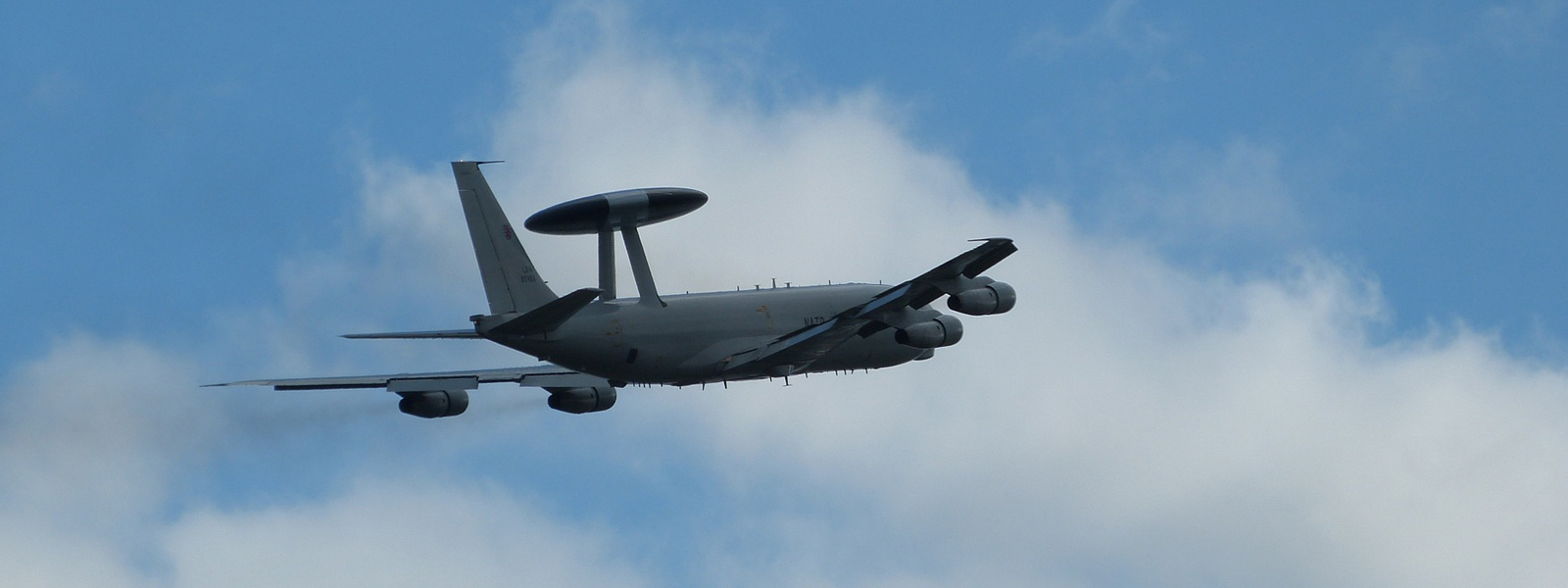Course Overview
The Innovation in Intelligence, Surveillance and Reconnaissance MSc (ISR) is designed to bring together practitioners from a wide area of ISR systems in a comprehensive academic programme. The programme has been developed in order to provide a route by which military personnel of appropriate experience and expertise can obtain an in-service academic qualification.
The course is designed to integrate military training and education within an academic framework. Students combine the study of specialist subject matter within an academic framework, which provides opportunity for critical and analytical engagement. Through this programme students can validate their expertise and experience and obtain recognised qualifications which also have credibility outside the military sphere.
Academic Contact
Please contact Professor Simon Parsons for more information about this course.
Email: SParsons@lincoln.ac.uk
How You Study
This course aims to develop the knowledge, skills and a critical understanding of ISR within the wider Intelligence Systems environment. It also provides the opportunity to develop a thorough technological understanding of hardware and software systems, in a range of environments and across a wide range of platforms used in this field. This can be achieved by studying and researching a range of key disciplines, reflecting, researching and critically evaluating doctrine and procedures within the ISR sphere of operations.
Students experience a combination of different techniques including a "hands-on" practical approach to scenarios and workshops, debates, lectures and personal research. Students will be expected to examine and professionally evaluate operational and technical aspects of ISR management by reflection and the preparation of essays, presentations and research projects.
Analytical skills are developed by critically evaluating thinking, action and structural factors operating in the area of ISR, including underlying assumptions, and identifying implications for wider systems that extend the area of practice. The development of practical skills is progressive and is supported with mentor guidance and supporting material. Individual lecturers will have different areas of expertise and will employ a wide variety of teaching strategies enhancing the experience and providing a range of teaching approaches to the programme.
Modules
† Some courses may offer optional modules. The availability of optional modules may vary from year to year and will be subject to minimum student numbers being achieved. This means that the availability of specific optional modules cannot be guaranteed. Optional module selection may also be affected by staff availability.
What You Need to Know
We want you to have all the information you need to make an informed decision on where and what you want to study. In addition to the information provided on this course page, our What You Need to Know page offers explanations on key topics including programme validation/revalidation, additional costs, contact hours, and our return to face-to-face teaching.
How you are assessed
Assessments take place towards the end of the study module encouraging consolidation of knowledge and skills developed during the module intensive delivery period. All study modules include coursework elements for both summative and formative assessment.
Reports and assignments are used to assess knowledge and understanding, critical analysis, development of reasoned argument and synthesis of conclusions. Oral presentation skills are assessed in the context of consideration of professional issues when students present to peers the results of some group work. Practical implementation assignments assess both programming and design skills.
Feedback on coursework may be provided via written comments on work submitted, by provision of 'model' answers or through discussion in tutorials.
Entry Requirements 2024-25
Entry Requirements
The programme is only available to those applicants who are currently serving military personnel with ISR experience or those who have recently left the armed forces but are employed in an associated relevant profession. Normally applicants will have a first degree (usually at 2:1 or greater) and/or appropriate experience in the related military field.
Professional Development
This course has been developed in order to provide a route by which military personnel of appropriate experience and expertise can obtain a credible in-service academic qualification. Students combine the study of specialist subject matter within an academic framework, which provides opportunity for critical and analytical engagement. Through this programme students can validate their expertise and experience and obtain recognised qualifications which also have credibility outside the military sphere.
Funding Schemes
A number of funding schemes are available to assist military students in financing their studies.
These include:
- Standard Learning Credit (SLC)
- Enhanced Learning Credit (ELC)
- Publicly funded Further and Higher Education for Service leavers (PF FE/HE).
All of these schemes are administered by the Enhanced Learning Credits Administration Service (ELCAS). Further information on eligibility and entitlements are available from your education staffs and the MOD’s ELCAS information website.
The University of Lincoln is a registered ELCAS provider: 1283
Course Fees
You will need to have funding in place for your studies before you arrive at the University. Our fees vary depending on the course, mode of study, and whether you are a UK or international student. You can view the breakdown of fees for this programme below.
The University offers a range of merit-based, subject-specific, and country-focused scholarships for UK and international students. To help support students from outside of the UK, we offer a number of international scholarships which range from £1,000 up to the value of 50 per cent of tuition fees. For full details and information about eligibility, visit our scholarships and bursaries pages.
